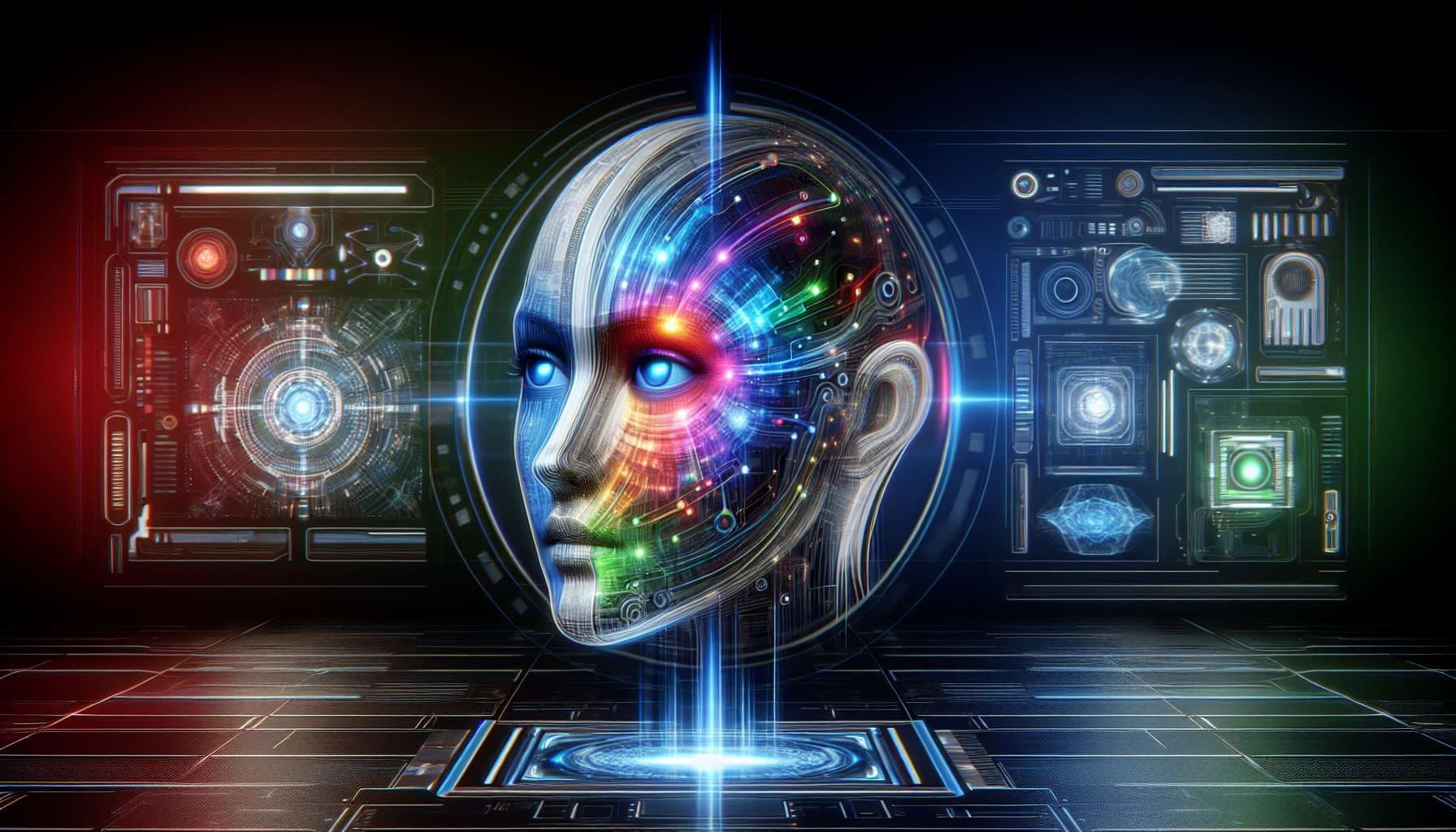
Background Currently, AI systems can simulate and recognize emotions through algorithms and affective computing, but they lack the biological and psychological mechanisms necessary for genuinely experiencing emotions. Emotions in humans are tied to complex physiological and psychological responses, including sensory experiences and consciousness, which AI systems do not possess.
Resolution Criteria This market will resolve YES if there is scientific consensus (defined as agreement among >80% of published papers in peer-reviewed journals) that AI systems have developed the capability to genuinely experience emotions, rather than just simulate them. The market will resolve NO if by 2050:
No such consensus exists
There is scientific consensus that AI cannot feel emotions
The question remains unresolved or debated
Evidence must go beyond behavioral mimicry or pattern recognition to demonstrate actual emotional experience comparable to biological entities.
Considerations
This is a complex question that intersects with debates about consciousness, qualia, and the nature of emotional experience
Current expert consensus holds that AI systems do not truly feel emotions
Verification of genuine emotional experience in AI systems would likely require significant advances in our understanding of consciousness and emotion
The development of emotion-capable AI would raise major ethical considerations about machine rights and moral status
Resolution may be complicated by philosophical debates about what constitutes "real" emotions versus sophisticated simulation
The question can not be fully answered one way or another by measurements, it's the hard problem of consciousness, and you make a good attempt at choosing a measurable resolution but there's still the ambiguity of what level of emotions. Do dogs feel emotions? do prawns feel emotions? do flies feel emotions?
There are already (intelligent and non-intelligent) AIs that change behaviour based on mechanisms similar to emotions, with similar complexity to some of the simpler-to-mid life forms, but I guess this question is meant to talk about human-level-complexity emotions. Would be good to clarify that.
I personally think that there will be AIs with complex mechanistic emotions but the part about qualia is unknowable, and I think most people influencing the resolution will say that qualia is necessary for "real" emotions. So I'm not sure what way to vote.